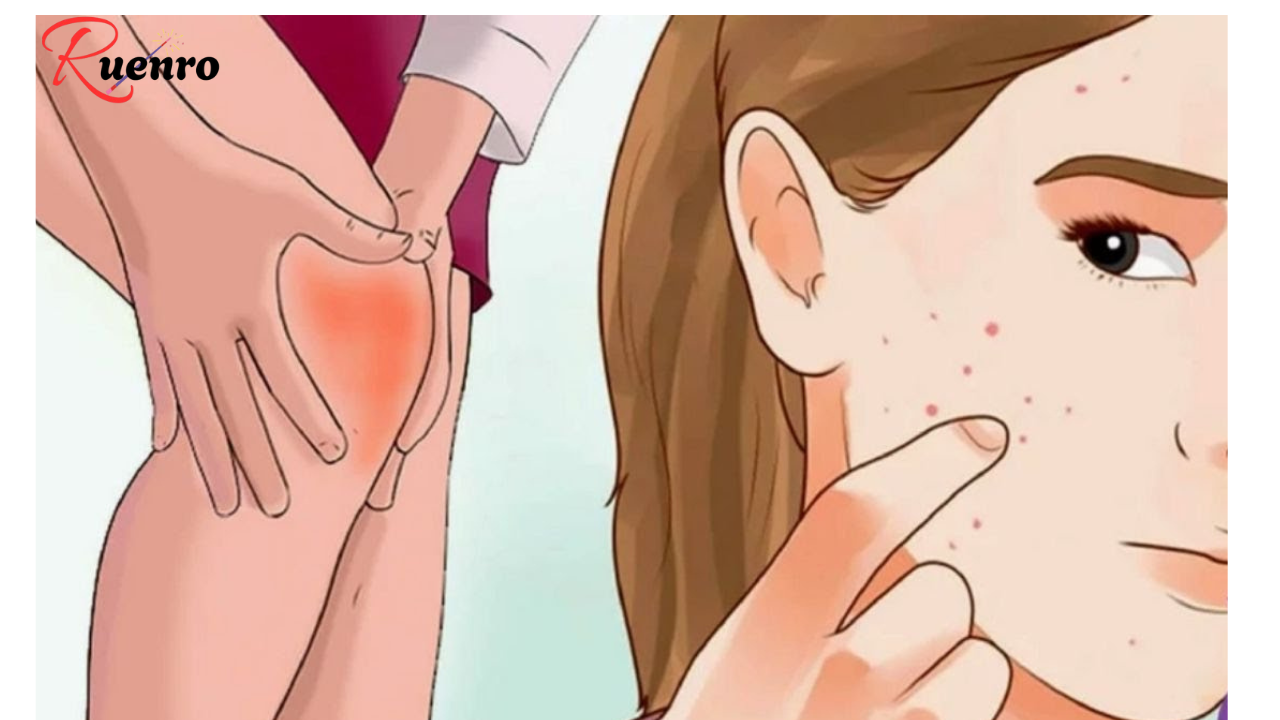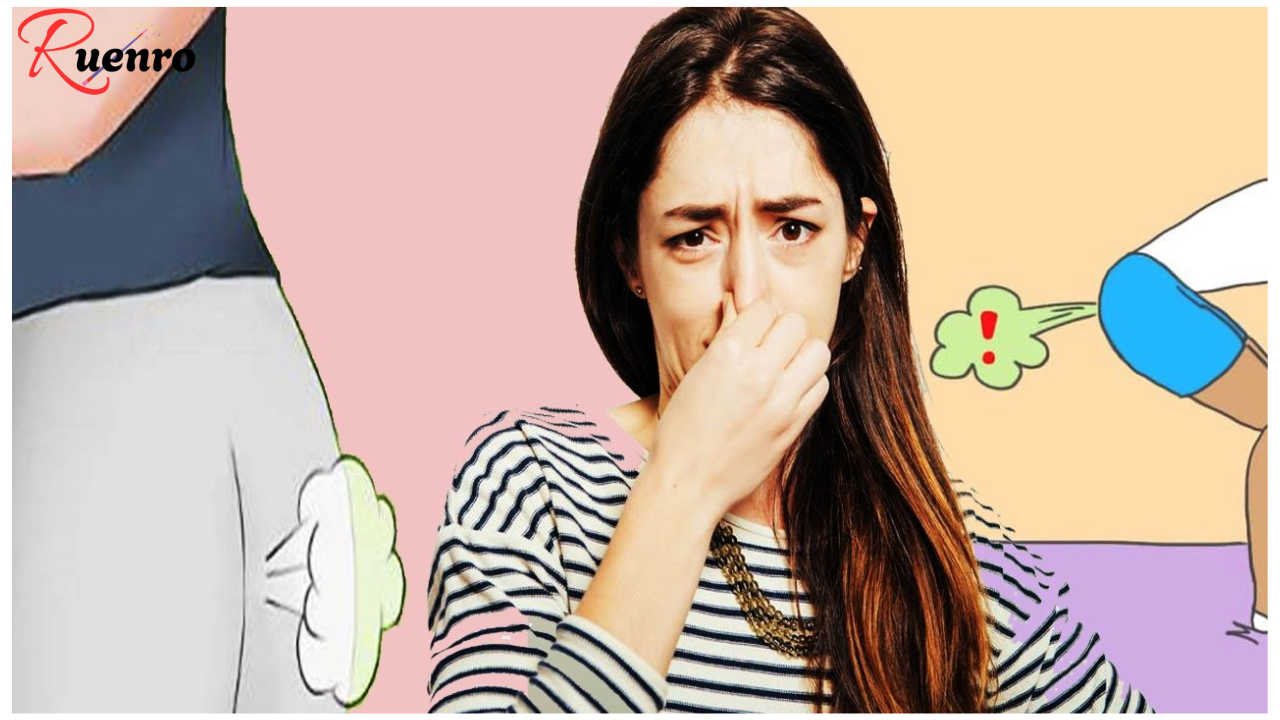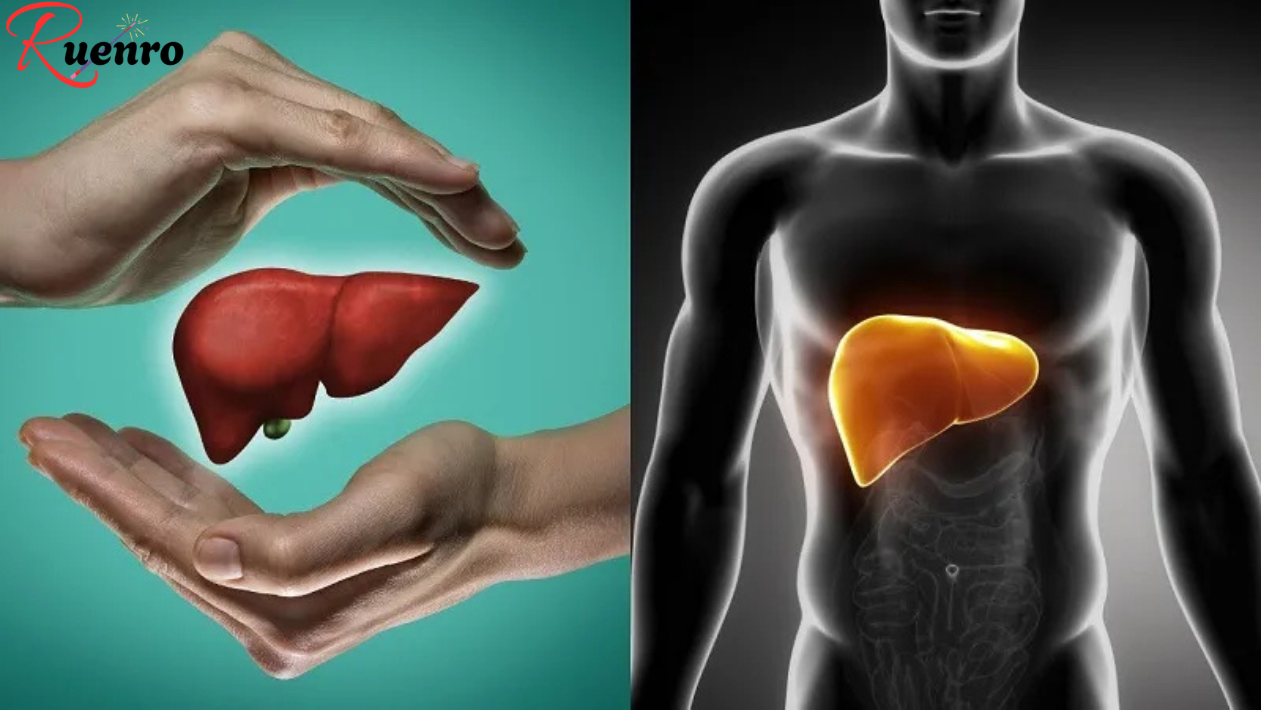Feeling tired all the time? Do you often look pale or feel dizzy when standing up? These might not just be signs of exhaustion — they could be your body’s way of warning you about anemia.
Anemia happens when your blood doesn’t have enough healthy red blood cells or hemoglobin, the protein that carries oxygen throughout your body. Without enough oxygen, your organs and tissues struggle to function properly, leading to a variety of symptoms that can sneak up on you.
Here are the early warning signs of anemia you should never ignore — and what to do about them.
1. Constant Fatigue and Weakness
The most common sign of anemia is feeling tired all the time, even after a good night’s sleep. Because your red blood cells can’t deliver enough oxygen, your body works harder to get energy, leaving you drained and sluggish.
🩸 Why it happens: Low hemoglobin means less oxygen in your tissues.
💡 What to do: If you feel exhausted for no clear reason, ask your doctor for a blood test (CBC) to check your hemoglobin levels.
2. Pale or Yellowish Skin
When you don’t have enough red blood cells, your skin may lose its healthy color and look pale or washed out. In some types of anemia (especially caused by vitamin B12 deficiency), the skin can even appear slightly yellow.
🪞 Check this: Pull down your lower eyelid — if the inside looks very light instead of pink or red, it may indicate anemia.
3. Shortness of Breath
Do you find yourself breathing hard after light activity, like walking up stairs or doing simple chores? That’s a red flag. When your blood can’t carry enough oxygen, your lungs compensate by trying to breathe faster.
🌬️ You might also notice:
- Feeling dizzy
- Rapid heartbeat
- Chest tightness
If this happens frequently, it’s important to get checked.
4. Dizziness or Lightheadedness
Feeling dizzy when you stand up suddenly? That can be another sign of low oxygen flow to the brain. In more serious cases, anemia can cause fainting spells, especially after exertion.
🚨 Tip: Never ignore persistent dizziness — it can indicate severe anemia or even blood loss.
5. Cold Hands and Feet
If your hands and feet are always cold, even in warm weather, it might mean your circulation is poor due to anemia. With less oxygen in the blood, your body prioritizes essential organs, leaving your extremities feeling chilly.
🧤 Try: Iron-rich foods like spinach, red meat, lentils, and fortified cereals to boost blood oxygen levels.
6. Headaches and Difficulty Concentrating
A lack of oxygen in the brain can lead to frequent headaches, brain fog, and poor focus. You may also feel irritable or mentally sluggish.
🧠 Did you know? Students and office workers with undiagnosed anemia often struggle with productivity without realizing it’s a health issue.
7. Rapid or Irregular Heartbeat (Palpitations)
Your heart works overtime to pump oxygen to vital organs when your blood is low on hemoglobin. This can cause palpitations, a racing pulse, or irregular beats — especially noticeable after mild activity.
❤️ Warning: If you feel chest pain or shortness of breath along with a fast heartbeat, seek medical help immediately.
8. Brittle Nails or Hair Loss
Anemia affects the supply of nutrients to skin, hair, and nails. You may notice your nails become brittle, spoon-shaped (concave), or break easily. Hair may also become thin or fall out more than usual.
💅 These subtle cosmetic changes are often among the earliest visible signs of iron deficiency.
9. Cravings for Non-Food Items (Pica)
One of the strangest signs of anemia is craving things that aren’t food — such as ice, clay, chalk, or paper. This condition, called pica, is especially common in people with severe iron deficiency.
🧊 Craving ice? It’s one of the most common pica cravings in anemic individuals.
10. Restless Legs at Night
Some people with anemia develop Restless Legs Syndrome (RLS) — an irresistible urge to move your legs when you’re trying to relax or sleep. Low iron levels in the brain are believed to trigger this uncomfortable condition.
11. Chest Pain or Shortness of Breath During Exercise
If you’re young and otherwise healthy but experience chest pain, fatigue, or breathlessness during workouts, it could mean your body isn’t getting enough oxygen because of anemia.
🚴 Don’t push through it. Get evaluated, especially if symptoms are new or worsening.
12. Tongue and Mouth Changes
A smooth, swollen, or sore tongue — known as glossitis — can be a sign of iron or B12 deficiency. Some people also develop mouth ulcers or cracks at the corners of the lips.
👅 If your tongue looks unusually pale or painful, it’s worth asking your doctor about an iron test.
13. Unusual Cravings for Ice or Cold Drinks
Craving ice (a condition called pagophagia) is a surprisingly common sign of iron-deficiency anemia. Chewing ice temporarily increases alertness in people with low iron — but it’s not a cure.
14. Feeling Depressed or Moody
Low iron can affect the brain’s production of neurotransmitters like serotonin and dopamine. This can lead to mood swings, anxiety, and depression-like symptoms, especially in women.
If you’re feeling down for no clear reason, it’s worth checking your iron and vitamin B12 levels before assuming it’s just stress.
🩸 What Causes Anemia?
Common causes include:
- Iron deficiency (most common)
- Vitamin B12 or folate deficiency
- Chronic diseases (kidney disease, cancer, etc.)
- Heavy menstrual bleeding
- Blood loss from ulcers, injury, or surgery
🍎 How to Prevent or Manage Anemia
✅ Eat iron-rich foods:
Red meat, poultry, fish, lentils, beans, spinach, and fortified cereals.
✅ Boost absorption:
Pair iron-rich foods with vitamin C (like oranges, tomatoes, or bell peppers).
✅ Get enough B12 and folate:
Eggs, dairy, leafy greens, and supplements if prescribed.
✅ Regular checkups:
A simple blood test can detect anemia early before it becomes severe.
💡 Final Thoughts
Anemia is often overlooked because its symptoms — like tiredness or pale skin — seem harmless at first. But ignoring the signs can lead to serious complications, including heart problems and organ damage.
So if you’re constantly exhausted, dizzy, or pale, listen to your body. A quick check-up and a few diet changes could make all the difference.
Your energy, focus, and overall health depend on it. ❤️




Leave a Comment